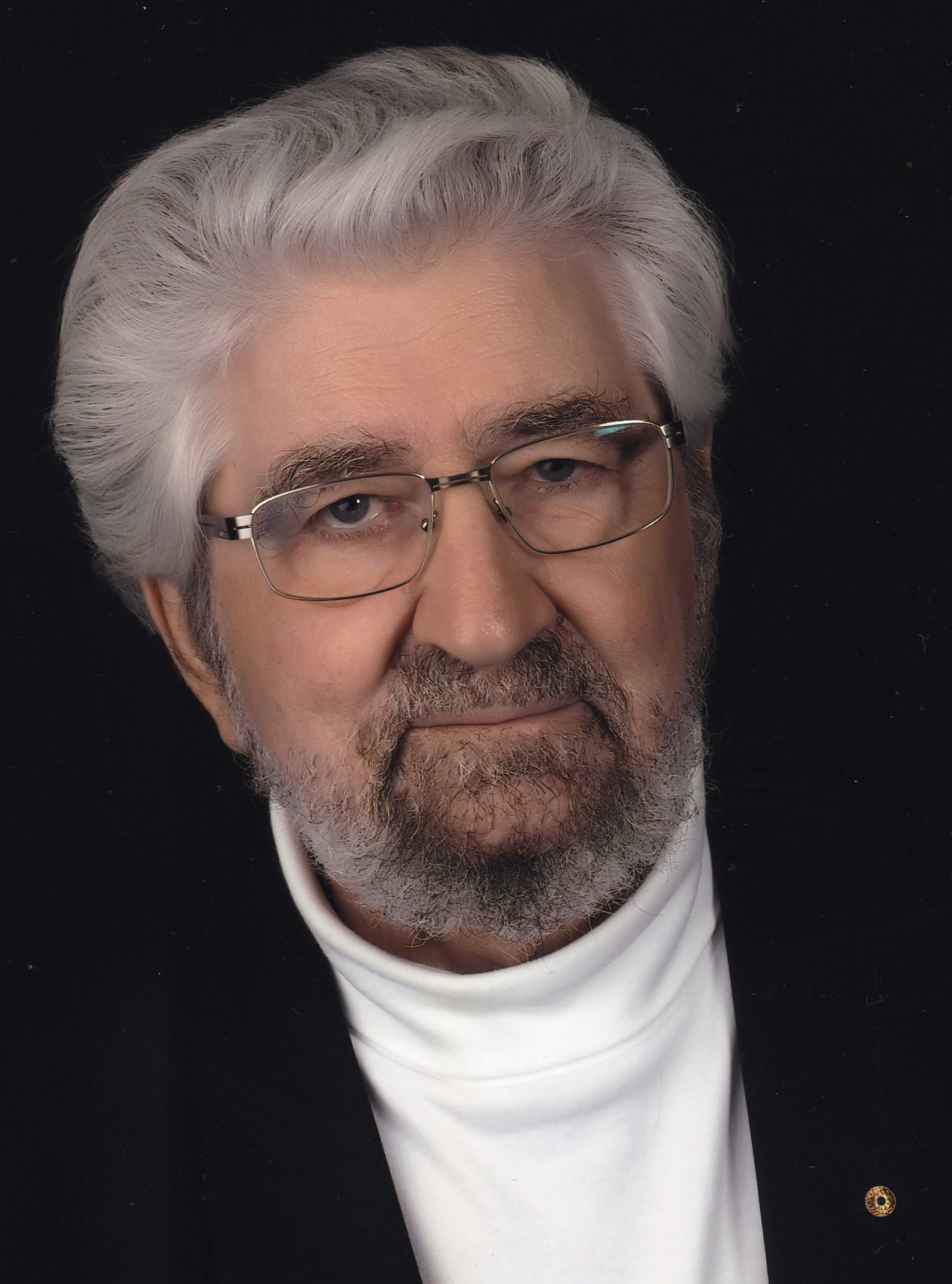Eulogy for Professor Richard Campbell AM from Professor Wayne Hudson
08 Aug 2022 - by
 Richard Campbell, former Pro Vice Chancellor and Emeritus Professor of Philosophy at the Australian National University, died in late July. Ordained as a Presbyterian minister, Richard was known internationally as a philosopher and theologian. Professor Wayne Hudson of the ACC&C delivered this eulogy at his funeral.
Richard Campbell, former Pro Vice Chancellor and Emeritus Professor of Philosophy at the Australian National University, died in late July. Ordained as a Presbyterian minister, Richard was known internationally as a philosopher and theologian. Professor Wayne Hudson of the ACC&C delivered this eulogy at his funeral.
Richard Campbell was always larger than life. He could also be somewhat combative in intellectual matters. I first met Ricard in 1962 when he debated for the staff against the students at Sydney University. I was third speaker for the students, Richard was third speaker for the staff. We continued in friendly debate on and off over the next 60 years.
Richard was much more than a distinguished academic. He was an Australian intellectual and a creative metaphysician. From his first article in 1962 to the end of his life he showed a capacity for exact logical analysis and careful argument. Like his teacher, the notorious freethinking Professor John Anderson, Richard believed that the task of the philosopher was to address the greatest questions in new ways. Thus was not a view accepted by everyone in the profession.
Richard was the most brilliant student of Professor Crawford Miller, a Scottish Presbyterian philosophical theologian who Richard described as the greatest theological intellect to come to these shores. Crawford Miller, Richard always said, taught him how to think. He also learnt from Miller’s vast Patristic scholarship and from his reading in German theological literature. In his own work Richard brought his philosophical talents to questions of great theological import. As a result, he was shortlisted for a chair at Cambridge and read with great pleasure by theologically refined readers internationally.
Richard made, I think, three main contributions to contemporary philosophy. First, Richard reinterpreted Anselm’s argument for the existence of God in the Proslogion in three excellent books. Here his exegesis was influential. More controversially, Richard also argued that the proof was valid. Second, Richard drew on his very considerable Hebrew to argue in two books that historicity and truth were compatible and to defend a Hebrew account of truth as faithfulness against better known Greek alternatives. Third, Richard advanced a new metaphysics of emergence, involving a form of process philosophy which met the high technical standards of analytical philosophy. His work in this area has been taken up in the learned literature.
For many years Richard regarded himself as ‘a Continental philosopher’, critical of the unhistorical character of analytical philosophy and sympathetic to Hegel and Heidegger. He was also fiercely critical of the scholastic philosophers he encountered in Catholic circles as a young man. I engaged a number of times in respectful debate with him on both points. At the end of his life Richard showed how analytical philosophy tools could be used to defend both a form of process metaphysics and a proof of the existence of God.
In his last months there was something of the great medieval philosopher about him. The debater was still there, but the sage also now appeared. Like his beloved Anselm, Richard believed that rigorous clear thinking could establish something absolutely wonderful. Richard expressed this by speaking of ‘the existence of God’, but it might also be argued that he provided arguments for the necessity of contingency, a technical philosophical topic prominent in contemporary debates in France. It is difficult to think of an Australian philosopher who was more ambitious or more consistent in pursuing such a vast theme throughout his career.
Richard Campbell was an innovative thinker with many gifts who always remained faithful to his own experience of normative truth and to his personal existential experience of Christianity. It was inspiring to witness only streets away his undiminished focus on the largest of all questions and the perennial support of his partner Petra. His originality will be appreciated and valued more and more in the years to come.
- Australian Centre for Christianity and Culture
- About Us
- Latest News Assets
- 2022 News Stories
- Eulogy for Professor Richard Campbell AM from Professor Wayne Hudson

